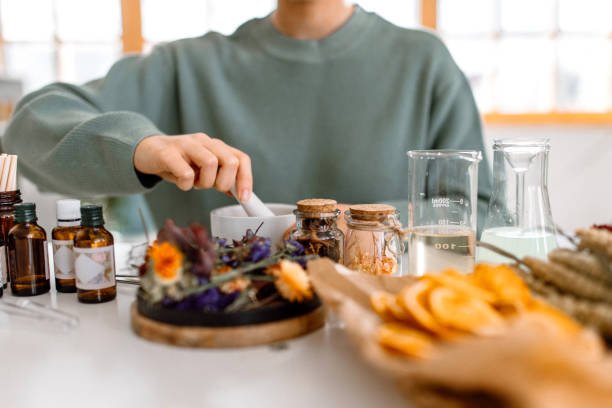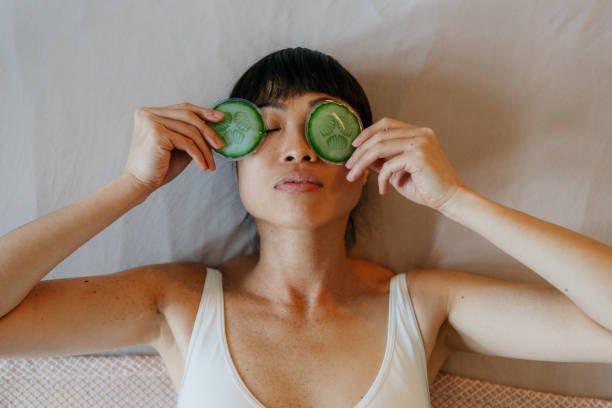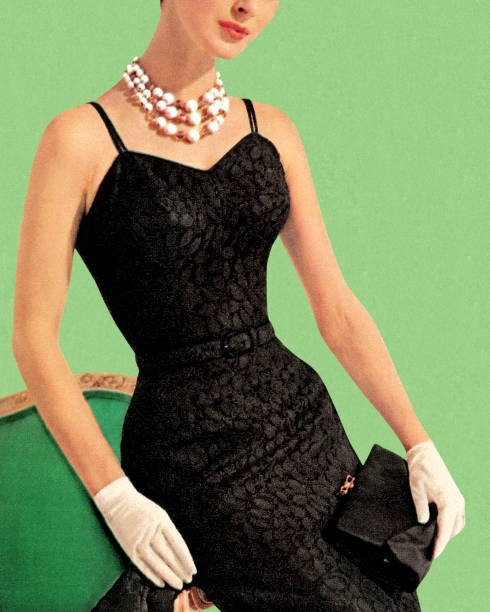💬 Introduction
Have you ever sprayed on a perfume that smelled amazing — only to find it disappeared within an hour? Meanwhile, someone else uses the same perfume and smells incredible all day?
It’s not your imagination. The reason your perfume doesn’t last isn’t always about quality — it’s often about chemistry. The scent industry may sell dreams in bottles, but the staying power of a fragrance is deeply influenced by your skin, habits, and environment.
In this post, we’ll explore the real science behind perfume longevity — how scent molecules work, how your body chemistry can shorten or amplify their effects, and what you can actually do to make your favorite fragrance last longer.
🔬 How Perfume Works (From a Scientific Point of View)
A perfume is not just a nice smell — it’s a complex chemical composition that interacts with your body’s natural oils, temperature, and pH.
🌸 Perfume Structure: The Note Pyramid
Perfumes are built in layers:
| Note | Duration | What It Smells Like |
|---|---|---|
| Top Notes | 5–15 min | First impression — citrus, herbs |
| Heart/Middle Notes | 30–60 min | The core scent — florals, spices |
| Base Notes | 4–8 hrs or more | The lasting scent — woods, vanilla, musk |
The top notes evaporate fastest, and the base notes are what linger. But how long they last depends on how well they bind to your skin.
🧪 Your Skin’s Chemistry Affects Scent
Your unique skin composition directly affects how long a perfume lasts. Here’s why:
1. Skin Type (Oily vs. Dry)
- Oily skin holds fragrance better — the natural oils act as a binder, slowing evaporation.
- Dry skin causes scent to disappear faster because there’s nothing to “cling” to.
👉 If you have dry skin, your perfume won’t last unless you hydrate.
2. pH Level of Your Skin
- Skin has a natural pH between 4.7–5.5.
- A more acidic pH can alter the fragrance, making it smell “off” or disappear quickly.
- Factors that shift pH: harsh soaps, sweat, diet, hormones.
🧴 Tip: Use a pH-balanced moisturizer or soap to keep your skin’s chemistry stable.
3. Body Temperature
Perfume is heat-activated. Warm skin helps scents develop faster but also means they may evaporate quicker.
- Pulse points (wrists, neck, behind ears) are warmer and ideal for application.
- If you sweat more or have a higher body temp, perfume may burn off faster.
🔥 Apply perfume to slightly cooler areas like your inner elbows or hair to extend wear.
4. Hormones & Genetics
Your hormonal cycle can affect your body odor and skin chemistry. This is why a perfume might smell amazing one week and weird the next.
- Birth control, menstruation, menopause, or stress can all shift your scent.
- Your natural body odor and genetic makeup also change how notes develop.
🧠 Perfume is personal. What works on someone else may not suit your unique scent profile.
🧴 Other External Factors That Kill Your Perfume
Even if your skin is perfect for scent-holding, these external factors could be working against you:
🌬️ 1. Weather & Humidity
- Heat and humidity amplify top notes but can make perfumes evaporate faster.
- Cold air makes scents project less — but last longer.
🌡️ Adjust your fragrance by season — use lighter, fresher scents in summer and deeper, oil-based perfumes in winter.
👕 2. Clothing vs. Skin Application
Perfume tends to last longer on fabric than on skin. Why?
- Fabric doesn’t absorb and process the scent like your skin does.
- Natural fibers (cotton, wool) hold scent better than synthetic ones.
🧣 Spray a light mist on your scarf or hairbrush to boost longevity — but avoid direct spraying on delicate fabrics or jewelry.
🧼 3. Skin Products You Use
- Soaps, lotions, and deodorants with strong fragrances can clash or overpower your perfume.
- Some ingredients (like alcohol or acids) can strip oils, making your skin dry — and less able to hold perfume.
🧴 Use unscented moisturizers before applying perfume to create a neutral base layer.
🧽 4. Rubbing Your Wrists Together
One of the most common mistakes: spraying perfume on your wrist and then rubbing them together. This creates friction that:
- Generates heat (accelerates evaporation)
- Destroys delicate top notes
❌ Never rub. Just spray and let it dry naturally.
🔐 Fixes: How to Make Your Perfume Last Longer (Naturally)
Here’s how to get the most from your favorite fragrance without reapplying every hour:
✅ 1. Moisturize Before Application
Perfume sticks better to hydrated skin.
- Use a fragrance-free or matching scented body lotion.
- Apply moisturizer to pulse points (wrists, neck, elbows) before spritzing.
💡 Some brands sell body creams that match their perfumes — these work synergistically.
✅ 2. Layer Your Fragrance
Fragrance layering is a pro trick:
- Use a matching shower gel
- Follow with matching body lotion
- Finish with the perfume
Each layer reinforces the other, locking in the scent for longer.
✅ 3. Target Strategic Areas
Apply perfume to:
- Pulse points (neck, wrists, chest, inside elbows)
- Hair (spray on a brush or use a hair mist version)
- Clothing (lightly, from a distance)
Don’t spray too close — it can oversaturate the area and cause staining or altered scent development.
✅ 4. Store Perfume Properly
Perfumes are sensitive to light, heat, and air. Improper storage breaks down the scent molecules.
To preserve them:
- Keep bottles in their original box
- Store in a cool, dark place (not the bathroom!)
- Don’t shake the bottle — it adds oxygen that can degrade the formula
🌡️ Fragrance can spoil, just like food. Handle it with care.
🧠 The Truth: Perfume Is Personal Science
There’s no “one size fits all” for fragrance. Your perfect scent match depends on:
- Your skin chemistry
- Your daily habits
- Your health
- Your environment
That’s why understanding the science behind scent — and your body — is key to unlocking long-lasting, signature fragrance moments.
✨ Final Thoughts
Perfume is more than a beauty product. It’s a sensory fingerprint, a chemistry experiment, and a memory-maker all in one.
If your perfume doesn’t last:
- Don’t blame the bottle right away
- Examine your skin, habits, and environment
- Adjust your routine using the natural, science-backed methods above
Once you work with your body instead of against it, you’ll stop chasing longevity — and start wearing your fragrance with confidence all day long.



